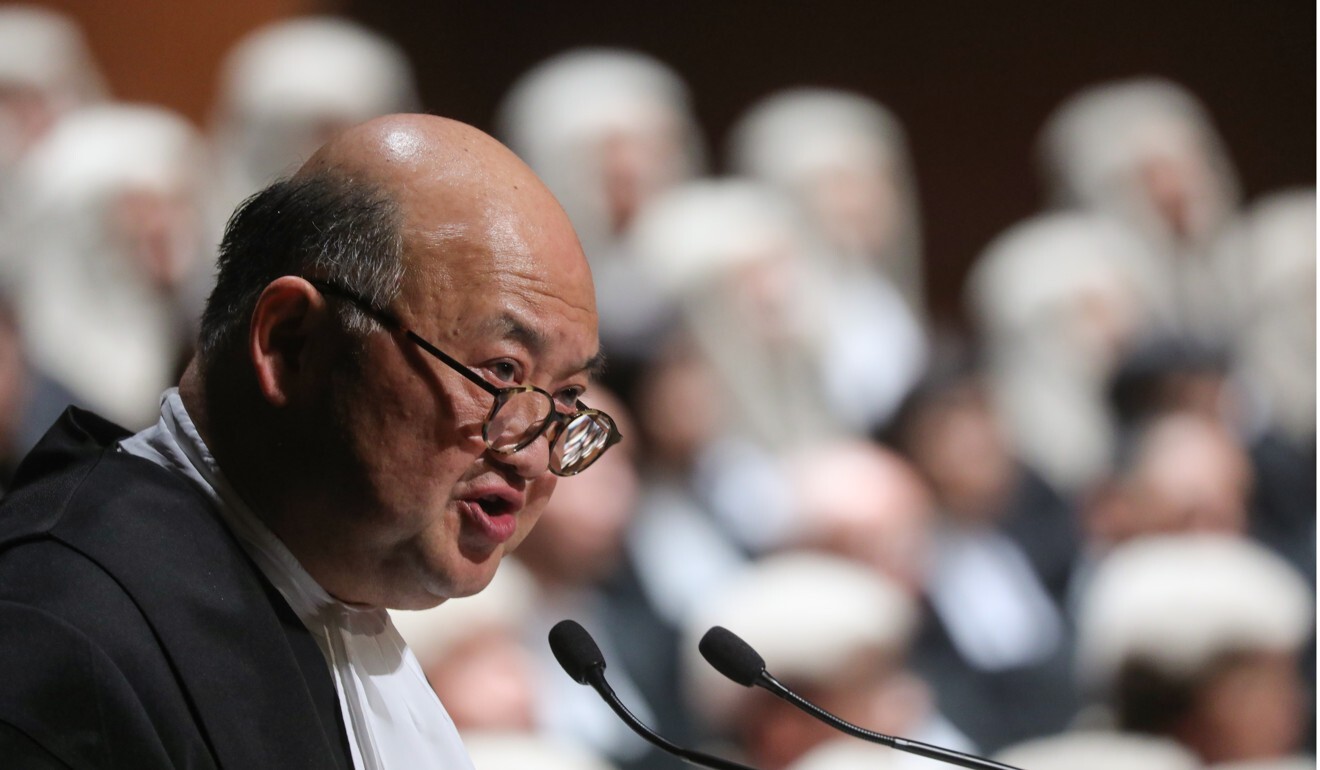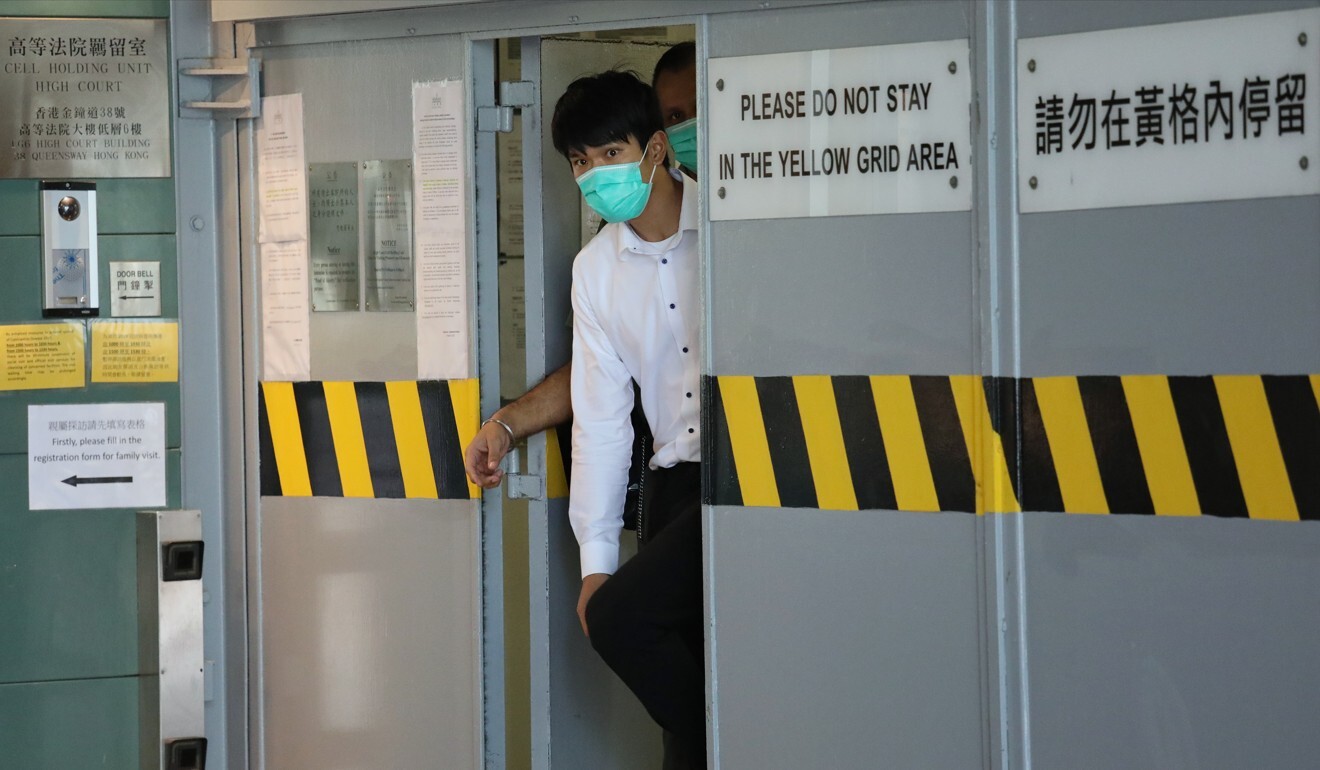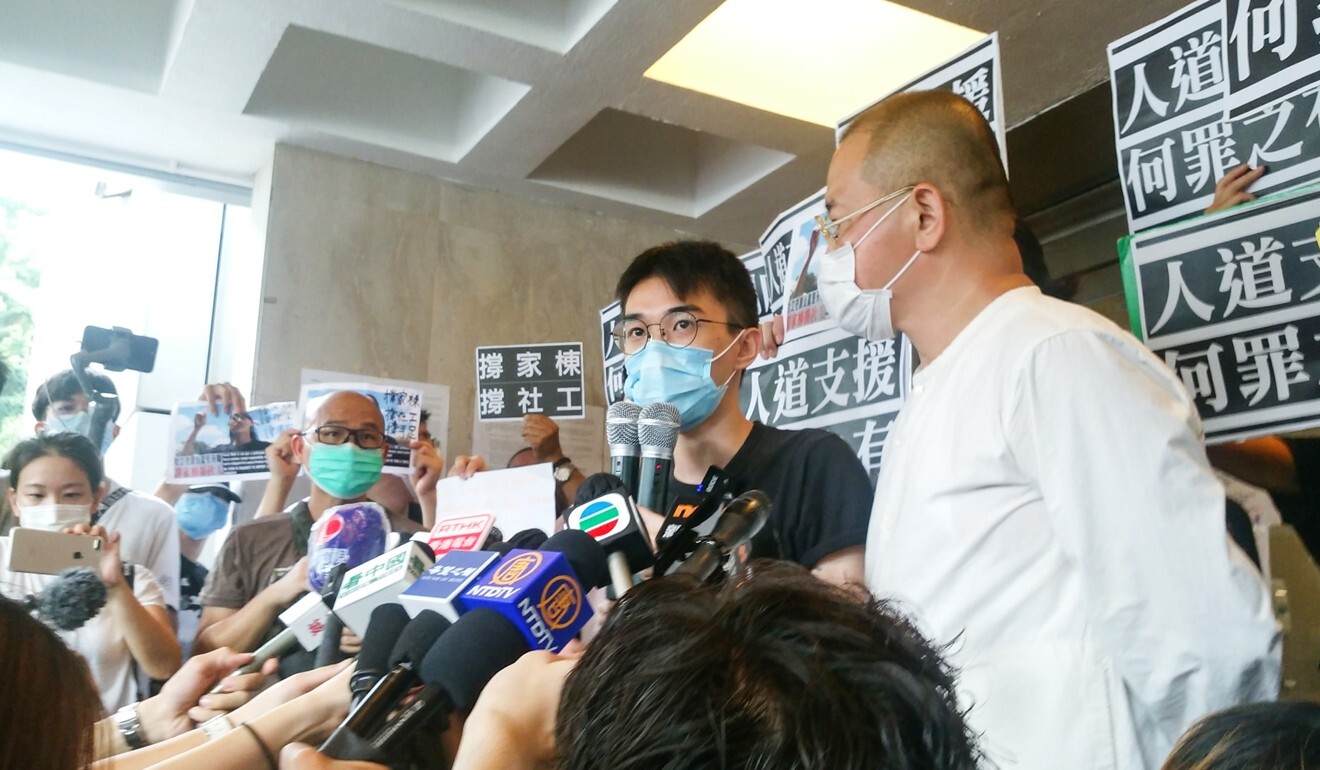
Hong Kong protests: judiciary to publish some complaints and its response after thousands of identical or similar accusations are filed against three magistrates
- Judiciary says the new measure will apply to overlapping accusations
- Three instances have already been posted on its webpage, involving three magistrates over their handling of three highly controversial cases
Hong Kong will publish online some complaints made against judges and the response by the judiciary after thousands of identical or similar accusations were filed against at least three magistrates over their handling of cases related to anti-government protests.
The judiciary announced the new measure on Monday, saying it would apply to overlapping accusations. Previously the Secretariat for Complaints against Judicial Conduct would issue individual replies, but Chief Justice Geoffrey Ma Tao-li has instructed it to instead post selected accusations and their responses online.
Three instances have already been posted on the judiciary’s webpage, involving three magistrates for their handling of three highly controversial cases related to protests as part of the ongoing social unrest.

Some of the complaints followed detailed templates posted online, including Facebook and the Reddit-like platform LIHKG.
The three examples on the judiciary’s webpage were identified only by their case numbers, but checks showed they involved Principal Magistrate Don So Man-lung and magistrates Debbie Ng Chung-yee and Kelly Shui.
All three had been accused of acting with bias or making statements, such as political ones, that suggested they had preconceived views while ruling, sentencing or handling bail applications for protest-related cases.
One case concerned the first conviction of a social worker, Lau Ka-tung, 24, who has lodged an appeal after So found him guilty and jailed him for a year for obstructing police during a rally last July. The second involved the first convicted teacher, Yeung Pok-man, 29, who is awaiting Ng’s sentence for assaulting police on his way to work in November.

The third case, before Shui, involved a 15-year-old schoolboy who was given 18 months’ probation after he admitted to hurling two petrol bombs in January. Prosecutors have sought a review of the sentence.
But the judiciary has yet to respond to the complaints because the cases are ongoing.
In a statement, the judiciary said such complaints would only be handled after the conclusion of all relevant court proceedings “to avoid undermining judicial independence”.
The spokesman also reminded the public complaints against judicial rulings “cannot and will not be handled”.
“The only appropriate way of dealing with any dissatisfaction with judicial or statutory decisions is for the parties to the proceeding to use appropriate legal procedures such as appeal or review,” the spokesman said.

Legal sector lawmaker Dennis Kwok Wing-hang said the judiciary should extend the new measures to more complaints as he understood there was a growing concern over judicial conduct and such public responses would help improve understanding of the court’s views.
Kwok also hoped the judiciary would reveal the actual number of complaints to enable the public to grasp the extent of the situation, as to what qualified as “a large number”.
Under the existing mechanism, complaints relating to judicial conduct are handled by the chief justice or the head of the relevant level of court. Last year, the judiciary disposed of 368 complaints under the mechanism. Nearly all – 353 complaints – were related to judicial or statutory decisions, while five were review cases. Only 10 were related to judicial conduct and were considered unjustified.

